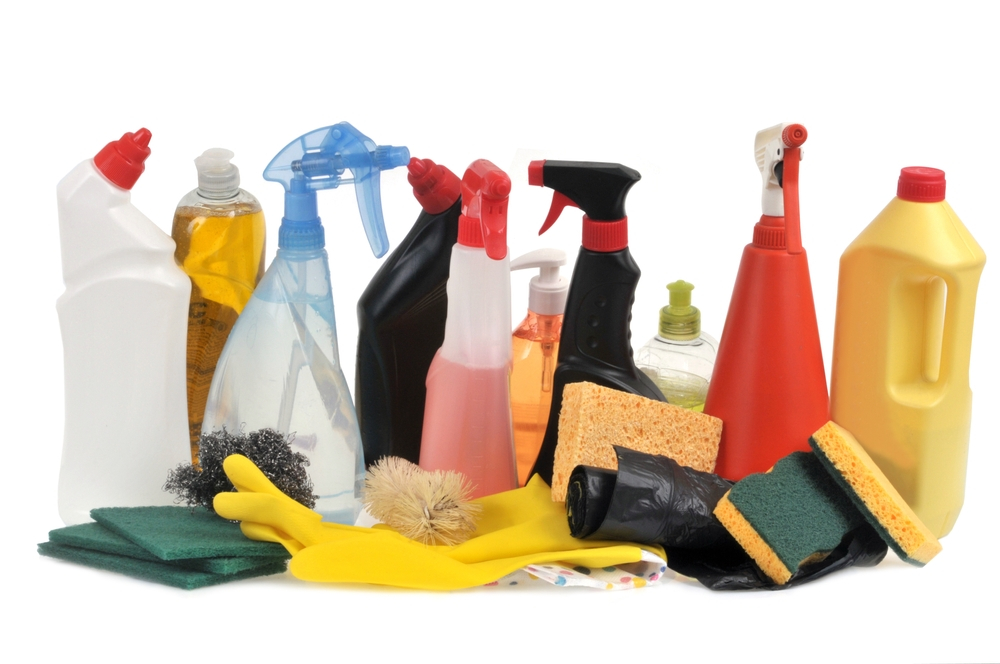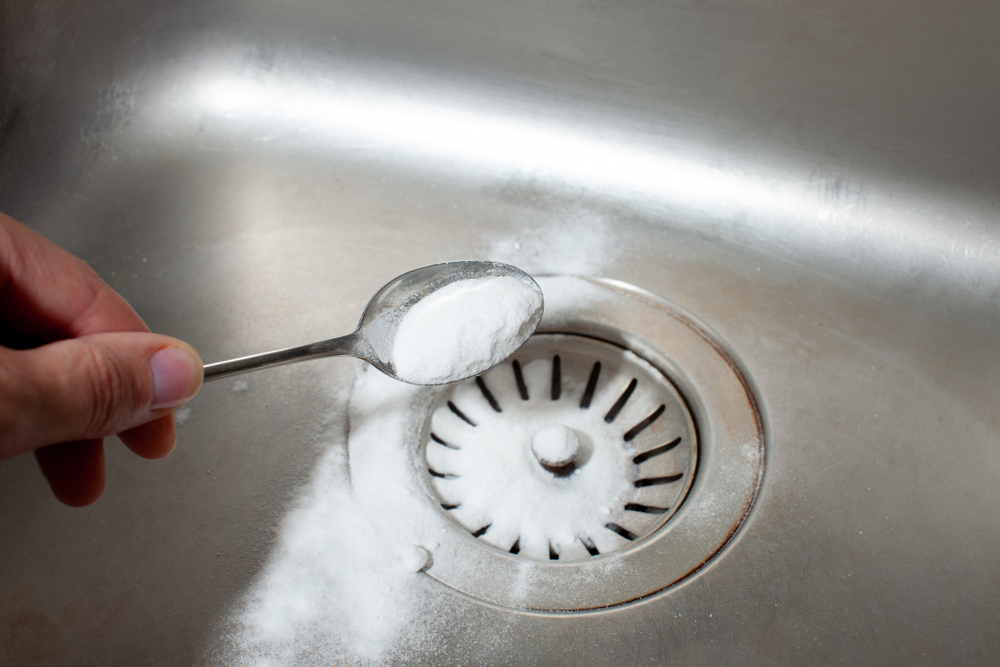The Hidden Dangers Lurking in Your Drain Cleaning: The Effects of Harsh Chemical Drain Cleaners
Have you ever found yourself standing ankle-deep in water as your sink stubbornly refuses to drain? It’s a frustrating and all-too-common scenario that many of us have faced. In such moments of desperation, it’s tempting to reach for that trusty bottle of harsh chemical drain cleaner, sold in every hardware store and supermarket aisle. After all, they promise a quick and easy solution to our clogged drain woes. However, what many people fail to realize is that these seemingly convenient fixes come with a host of hidden dangers. In this comprehensive guide, we’ll take a deep dive into the world of harsh drain cleaners, uncovering their ingredients, exploring their negative effects on health, plumbing systems, and the environment, and providing safer alternatives and preventive measures to keep your drains flowing freely.
What are Harsh Chemical Drain Cleaners?
When faced with a stubborn clog, the first impulse for many homeowners is to turn to harsh chemical drain cleaners. These products typically contain potent ingredients such as sodium hydroxide (lye), sulfuric acid, or bleach, along with surfactants and other additives. The active ingredients in these cleaners work by generating heat upon contact with water, which helps to dissolve the clog and clear the drain. Surfactants aid in breaking down organic matter, making it easier to flush away.

The Negative Effects of Harsh Chemical Drain Cleaners
- Harmful to Your Health: One of the most significant concerns associated with harsh chemical drain cleaners is their potential to pose serious health risks. The fumes emitted by these cleaners can be highly toxic when inhaled, causing respiratory irritation, coughing, and shortness of breath. In severe cases, exposure to these fumes can trigger asthma attacks or exacerbate existing respiratory conditions. Direct contact with the skin or eyes can result in chemical burns, irritation, or even permanent damage. In fact, according to the National Capital Poison Center, chemical drain cleaners are one of the leading causes of household poisonings, particularly among children.
- Damaging to Your Plumbing System: While harsh chemical drain cleaners may effectively dissolve clogs, they can also wreak havoc on your plumbing system in the process. The corrosive nature of chemicals like sulfuric acid can eat away at pipes, leading to corrosion, leaks, and even pipe bursts over time. Additionally, repeated use of these cleaners can weaken the integrity of pipes, exacerbating the risk of structural damage. In older homes with aging plumbing systems, the effects of chemical drain cleaners can be particularly pronounced, hastening the deterioration of pipes and increasing the likelihood of costly repairs.
- Harmful to the Environment: The environmental impact of harsh chemical drain cleaners extends far beyond the confines of your home. When these chemicals are flushed down the drain, they enter the sewage system and eventually make their way into water bodies such as rivers, lakes, and oceans. Here, they can accumulate and persist in the environment, posing a threat to aquatic life and ecosystems. Moreover, the production and disposal of these chemicals contribute to air and water pollution, further exacerbating environmental degradation.
Safer Alternatives to Harsh Chemical Drain Cleaners
- Natural Drain Cleaners: Fortunately, there are safer and more eco-friendly alternatives to harsh chemical drain cleaners that can effectively unclog drains without posing risks to your health or the environment. Many common household ingredients can be used to create natural drain cleaners that are both effective and non-toxic. Baking soda, for example, is a versatile cleaning agent that can help to dislodge clogs and neutralize odors. When combined with vinegar, it creates a fizzy reaction that can help to break down organic matter and clear blockages. Lemon juice, with its acidic properties, can also be effective in dissolving grease and grime buildup in drains.
- Mechanical Methods: In addition to natural cleaners, mechanical methods offer a safe and effective alternative to harsh chemical drain cleaners. Tools such as plungers and drain snakes can be highly effective in clearing clogs without the need for chemicals. A plunger, when used correctly, creates a tight seal around the drain opening and generates suction to dislodge blockages. Drain snakes, also known as plumbing augers, are long, flexible tools that can reach deep into pipes to break up and remove stubborn clogs. These mechanical methods provide a chemical-free solution to drain clogs and are less likely to cause damage to your plumbing system.
- Professional Plumbing Services: For particularly stubborn or complex clogs, it may be necessary to enlist the help of a professional plumber. Professional plumbing services offer expertise and specialized equipment to tackle even the toughest clogs safely and effectively. Plumbers can conduct thorough inspections of your plumbing system to identify the underlying cause of the clog and provide targeted solutions to address the issue. Whether it’s hydro-jetting to clear out stubborn blockages or pipe repair to fix structural damage, professional plumbers can ensure that your drains are flowing freely and your plumbing system is in good working order.

Tips for Preventing Drain Clogs
While dealing with clogged drains can be a nuisance, there are several preventive measures you can take to keep your drains clear and avoid the need for harsh chemical cleaners:
- Regular Maintenance: Schedule regular maintenance for your plumbing system to detect and address potential issues before they escalate into full-blown clogs. This may include inspecting pipes for signs of corrosion, cleaning drain traps and filters, and flushing drains with hot water periodically to prevent buildup.
- Use Drain Strainers: Install drain strainers or filters in sinks, showers, and tubs to catch hair, food particles, and other debris before they can accumulate and cause clogs.
Dispose of Grease Properly: Avoid pouring grease, oil, or fat down the drain, as these substances can solidify and congeal, leading to blockages. Instead, collect grease in a sealable container and dispose of it in the trash.
Be Mindful of What You Flush: Only flush biodegradable materials down the toilet and avoid flushing items such as wipes, sanitary products, and cotton swabs, which can contribute to clogs and sewer backups.
Practice Water Conservation: Be mindful of your water usage habits and avoid excessive water consumption, as this can contribute to drainage problems and put strain on your plumbing system.
Conclusion
In conclusion, while the allure of a quick fix may be tempting, the hidden dangers of harsh chemical drain cleaners far outweigh their convenience. From the health risks posed by toxic fumes to the environmental impact of chemical pollution and the potential damage to your plumbing system, the repercussions can be severe. By opting for safer alternatives such as natural cleaners, mechanical methods, and professional plumbing services, and adopting preventive measures to keep your drains clear, you can safeguard your health, protect the environment, and ensure the long-term integrity of your plumbing system. So, the next time you’re faced with a stubborn clog, think twice before reaching for that bottle of chemicals—it’s not worth the risk. Instead, take a more holistic approach to drain maintenance and choose solutions that prioritize safety, effectiveness, and sustainability. Your drains—and the planet—will thank you for it.
Plumbing Services CA
https://maps.app.goo.gl/31Yt4rhDrainzNJ4A
(279) 203-0765
https://plumbingservicesca.com/
